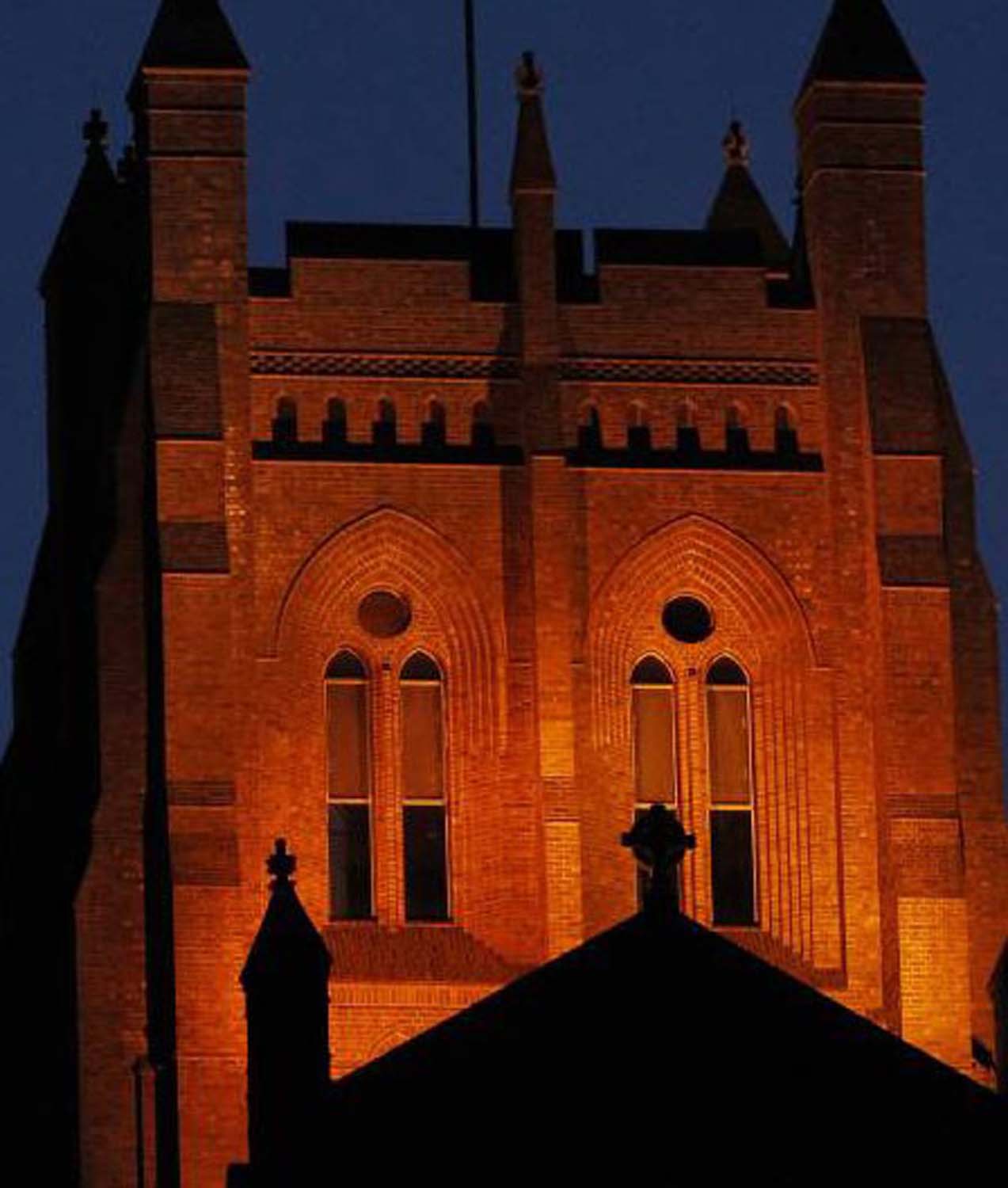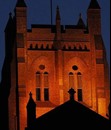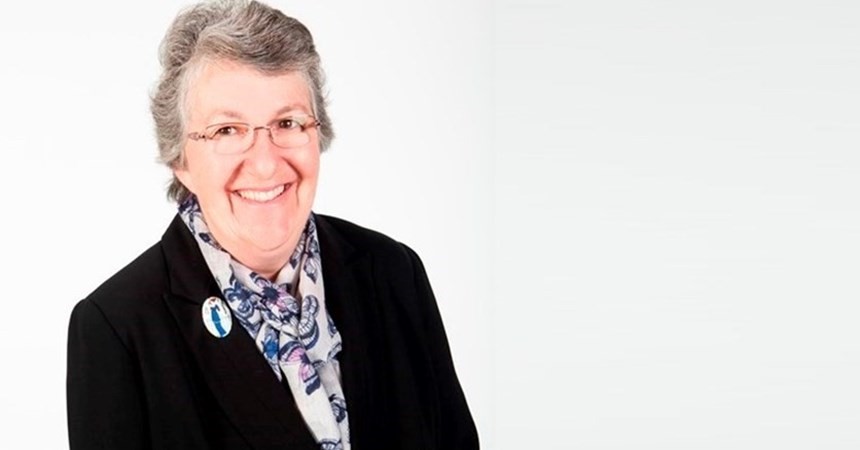He also speaks of the desire people have for a better life, to leave behind the hopelessness of an unpromising future. Regular migration channels provide occasions for family reunions and professional and educational opportunities, often leading to a peaceful existence. Other people, however, choose options to flee their countries out of desperation.
The following words from Pope Francis are disturbing as they provide an honest reflection for our own Australian situation:
Many destination countries have seen the spread of rhetoric decrying the risks posed to national security or the high cost of welcoming new arrivals, and thus demeaning the human dignity due to all as sons and daughters of God. Those who, for what may be political reasons, foment fear of migrants instead of building peace are sowing violence, racial discrimination and xenophobia, which are matters of great concern for all those concerned for the safety of every human being.
I invite you to consider these ideas from Pope Francis regarding our need to consider an ongoing possibility to build a culture of peace and harmony.

 I was blessed to attend the Installation and Commissioning of the Right Reverend Dr Peter Stuart as the Bishop of Newcastle at the Cathedral Church of Christ the King, on Friday 2 February. I found it to be a wonderful evening, with Bishop Peter welcomed with great applause following his commissioning and installation. I have known Bishop Peter for several years and I appreciate him as a man of great faith, along with his capacity to lead with intellect and compassion. Interestingly, after three wonderful processions at the beginning of the proceedings, some words of great wisdom were read from several pieces of popular literature. One reflection came from Paula D’Arcy’s Sacred Threshold. I share this with you because, not only is it pertinent to Bishop Peter’s new role as head of our local Anglican Church but also to us, as Catholics, as well as individuals in this 21st Century.
I was blessed to attend the Installation and Commissioning of the Right Reverend Dr Peter Stuart as the Bishop of Newcastle at the Cathedral Church of Christ the King, on Friday 2 February. I found it to be a wonderful evening, with Bishop Peter welcomed with great applause following his commissioning and installation. I have known Bishop Peter for several years and I appreciate him as a man of great faith, along with his capacity to lead with intellect and compassion. Interestingly, after three wonderful processions at the beginning of the proceedings, some words of great wisdom were read from several pieces of popular literature. One reflection came from Paula D’Arcy’s Sacred Threshold. I share this with you because, not only is it pertinent to Bishop Peter’s new role as head of our local Anglican Church but also to us, as Catholics, as well as individuals in this 21st Century.
Along the way I’ve learned that we avoid our own healing at great cost.
Until the work of forgiveness is begun,
Until we learn the language of gratitude,
Until we understand the true nature of much that we call love,
Until we realise the power of imagination
And begin to picture what we want to create,
We will repeat the same patterns
And miss the portals that might set us free.
The old dynamics are too compelling,
The familiar ideas and beliefs too ingrained.
Thresholds demand a willingness to walk in new directions.
They ask us to ‘not know’ – we who are so in love with knowing.
They insist that we be led where we never intended to go.
They will not respect the hunger that feeds the ego and keeps us small.
They speak of Love far different from the one we know.
They call us to awaken from sleep and see the world for the first time.


As I prepared for the weekend, my first view of the world on Saturday morning involved looking out over the familiar lake where I live. While eating my breakfast, I was greeted by a wonderful rainbow that developed in intensity while I gazed at it with joy and amazement. I never tire of the wonder and beauty of this bow in our skies. Throughout Saturday, I was to be reminded of God’s presence with a number of rainbow sightings.

 Later on Saturday, I watched the Queen’s Baton Relay in Newcastle. My key purpose was to see Sean Scanlon, our Vice Chancellor Administration, being handed the baton and proudly running with it for a short distance. He was nominated to be part of this leg of the baton relay because of his involvement and commitment to Athletics Australia. It was a proud moment for him, for us from the Diocese of Maitland-Newcastle, and for his family who cheered him on.
Later on Saturday, I watched the Queen’s Baton Relay in Newcastle. My key purpose was to see Sean Scanlon, our Vice Chancellor Administration, being handed the baton and proudly running with it for a short distance. He was nominated to be part of this leg of the baton relay because of his involvement and commitment to Athletics Australia. It was a proud moment for him, for us from the Diocese of Maitland-Newcastle, and for his family who cheered him on.
Other rainbows on that day were encountered within the Board Room at Noah’s on the Beach in Newcastle, where I met with the Diocesan Council for Ministry with Young People (DCMYP) for a Retreat and Planning weekend. During this time, we used the theme of Joy, as the focus, coming from Pope Francis’ Evangelii Gaudium, The Joy of the Gospel. We punctuated our planning with the following seven challenges taken from a resource developed by Broken Bay Diocese – The Joy of the Gospel, Seven Challenges from Pope Francis (December 2013).
Let us not allow ourselves to be robbed of missionary enthusiasm! (#80)
Let us not allow ourselves to be robbed of the joy of evangelisation! (#83)
Let us not allow ourselves to be robbed of hope! (#86)
Let us not allow ourselves to be robbed of community! (#92)
Let us not allow ourselves to be robbed of the Gospel! (#97)
Let us not allow ourselves to be robbed of the ideal of fraternal love! (#101)
Let us not allow ourselves to be robbed of missionary vigour! (#109)
After contemplating each of these challenges, we spent time in prayer and moved towards the action that this requires of us in our vocational call to be part of this Council. We discovered that there is a danger, if we fail to reconnect to the source documents of our faith. Our energy can become depleted and the scourge of negativity creeps in and potentially ‘infects’ those around us. I invite you to check in on your own spiritual health.

 I finish this message with some quotes from Evangelli Gaudium:
I finish this message with some quotes from Evangelli Gaudium:
The joy of the Gospel fills the hearts and lives of all who encounter Jesus. Those who accept his offer of salvation are set free from sin and sorrow, inner emptiness and loneliness.
With Christ joy is constantly born anew. (#1)
I invite all Christians everywhere, at this very moment, to a renewed and personal encounter with Jesus Christ, or at least an openness to letting him encounter them. No one should think that this invitation is not meant for him or her…. (#3)
I dream of a missionary option, a missionary impulse capable of transforming everything, so that the Church’s customs, ways of doing things, times and schedules, language and structures can be suitably channeled for the evangelisation of today’s world rather than for her self-preservation. (#27)
There are many events in diocesan, parish, schools, St Nicholas, DARA and CatholicCare calendars, and I invite you to consider joining in, so that you too may be renewed and be willing to cross the threshold to walk in new directions.

